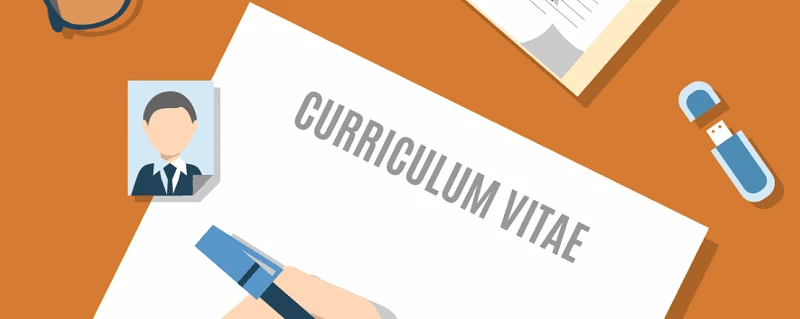Students need to get ready in terms of knowledge, skills, mindset, and personal documents to smoothly transition into a real working environment. Here is a detailed checklist of what to prepare:
1. Personal Documents – Essential Paperwork
Things to have ready:
- CV (Curriculum Vitae): Clearly present your skills, academic background, and extracurricular activities.
- Internship Recommendation Letter (if available): From your department or academic advisor.
- Internship Introduction Letter: Usually provided by the university or department.
- Internship Logbook or Journal Template: To record daily tasks and experiences for your final internship report.
- ID card and passport-sized photos: In case the company needs them for employee identification cards.

2. Core Knowledge to Review
You don’t need to be an expert, but you should:
Review key foundational subjects:
- Principles of Business Administration
- Basic Marketing
- Human Resources Management, Corporate Finance
- Communication skills, Excel, and Presentation skills
Research your internship company:
- Field of operation, products/services, target customers
- Company culture (through their website, social media pages, news articles, etc.)
3. Skills to Prepare
Soft Skills:
- Professional communication (emails, phone calls, presenting ideas)
- Teamwork, active listening, and collaboration
- Time management, note-taking, and reporting
Office Skills:
- Proficiency in Microsoft Office: especially Excel, Word, and PowerPoint
- Familiarity with Google Drive, Google Sheets, and Gmail
- (Depending on the company) learn about task management software like Trello, Asana, or CRM platforms if interning in sales/marketing

4. Dress Code and Professional Demeanor
Dress neatly and appropriately: Shirts, dress pants, and closed-toe shoes (follow the company’s dress code if applicable)
Professional behavior:
- Be punctual, respectful, and maintain a positive attitude
- Follow internal rules and policies
- Don’t shy away from small tasks – be open to learning
5. Mindset for the Internship
- Understand that this is a learning opportunity, not just a place to be assigned tasks
- Your goal isn’t just to “secure an internship,” but to gain experience and skills
- Be proactive – ask questions and suggest ideas instead of waiting passively
- Keep a daily journal to support your end-of-term report
Additional Suggestions (if you want to stand out):
- Create a mini portfolio: include presentations, group projects you’ve done at school
- Learn extra tools like Google Workspace, Canva, or data reporting with charts
- Preview sample internship reports to know what you need to record during the internship
Preparing thoughtfully will help you make the most out of your internship experience and leave a strong impression on your future employers.

